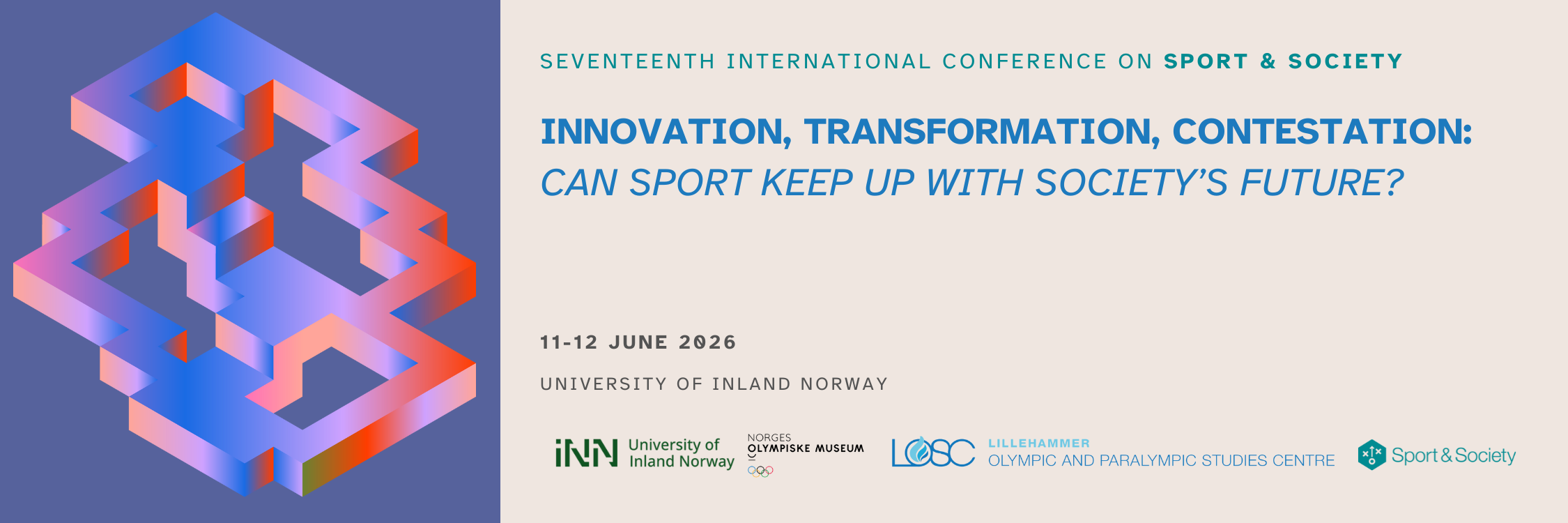Abstract
Violent extremism remains a global concern, prompting increased interest in sport-based prevention strategies endorsed by the United Nations. Despite this momentum, limited research exists on how Sport for Development and Peace (SDP) can effectively prevent violent extremism (PVE). This study conducted a systematic scoping review using the PRISMA-ScR framework (Tricco et al., 2018) across five databases (Scopus, SportDiscus, Scielo, Sociological ABS, SocIndex) covering literature from 2000 to February 2025. Out of 1,284 records, 12 studies were included in the final analysis. Findings reveal that PVE through SDP gained traction post-2019, with studies focused on deradicalization, resilience-building, and community cohesion—aligning with SDGs 3, 10, and 16. Six were empirical, five were literature reviews, and one was an experiential reflection. Empirical research spanned diverse contexts, including Russia, Australia, India, Tajikistan, Jordan, Europe, Nigeria, Kenya, and Uganda. Programs in Nigeria, India, Tajikistan, and Jordan adopted peace education curricula, though women and girls remained largely underrepresented. The review underscores the importance of inclusive, context-sensitive approaches and highlights the need for robust frameworks and locally grounded methodologies. To enhance the field’s impact, future research should integrate adjacent areas such as crime and violence prevention and engage with gray literature to fill critical knowledge gaps.
Presenters
Umair AsifPhD Candidate, UNESCO Chair on Sport for Development, Peace and Environment, University of Quebec in Montreal, Quebec, Canada Simon Rosenbaum
Professor, Psychiatry and Mental Health, UNSW Sydney, New South Wales, Australia Tegwen Gadais
Professor, Sciences de L'activité Physique, Université du Québec à Montréal (UQAM), Quebec, Canada
Details
Presentation Type
Paper Presentation in a Themed Session
Theme
Sporting Cultures and Identities
KEYWORDS
Sport, Development, Peace, Violence, Prevention

